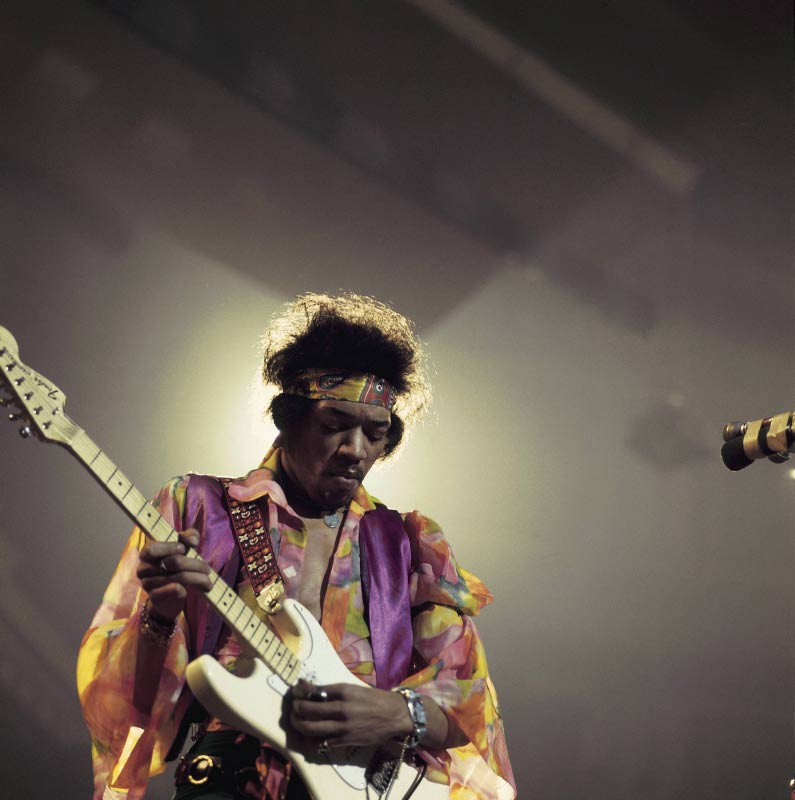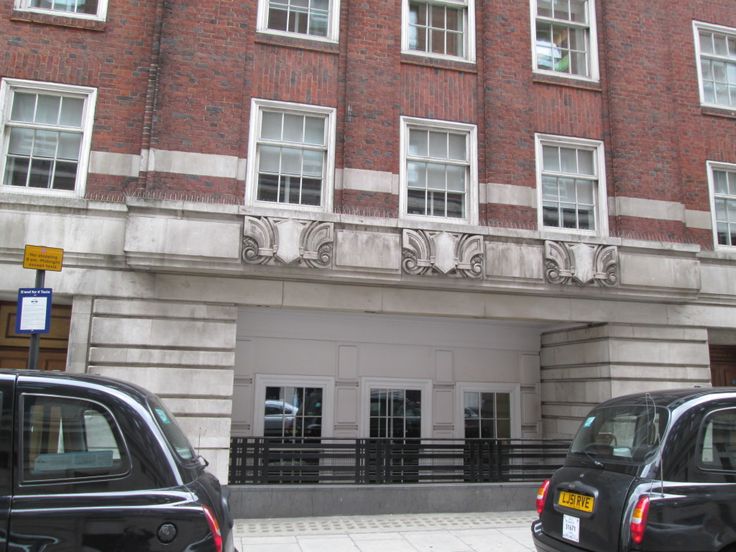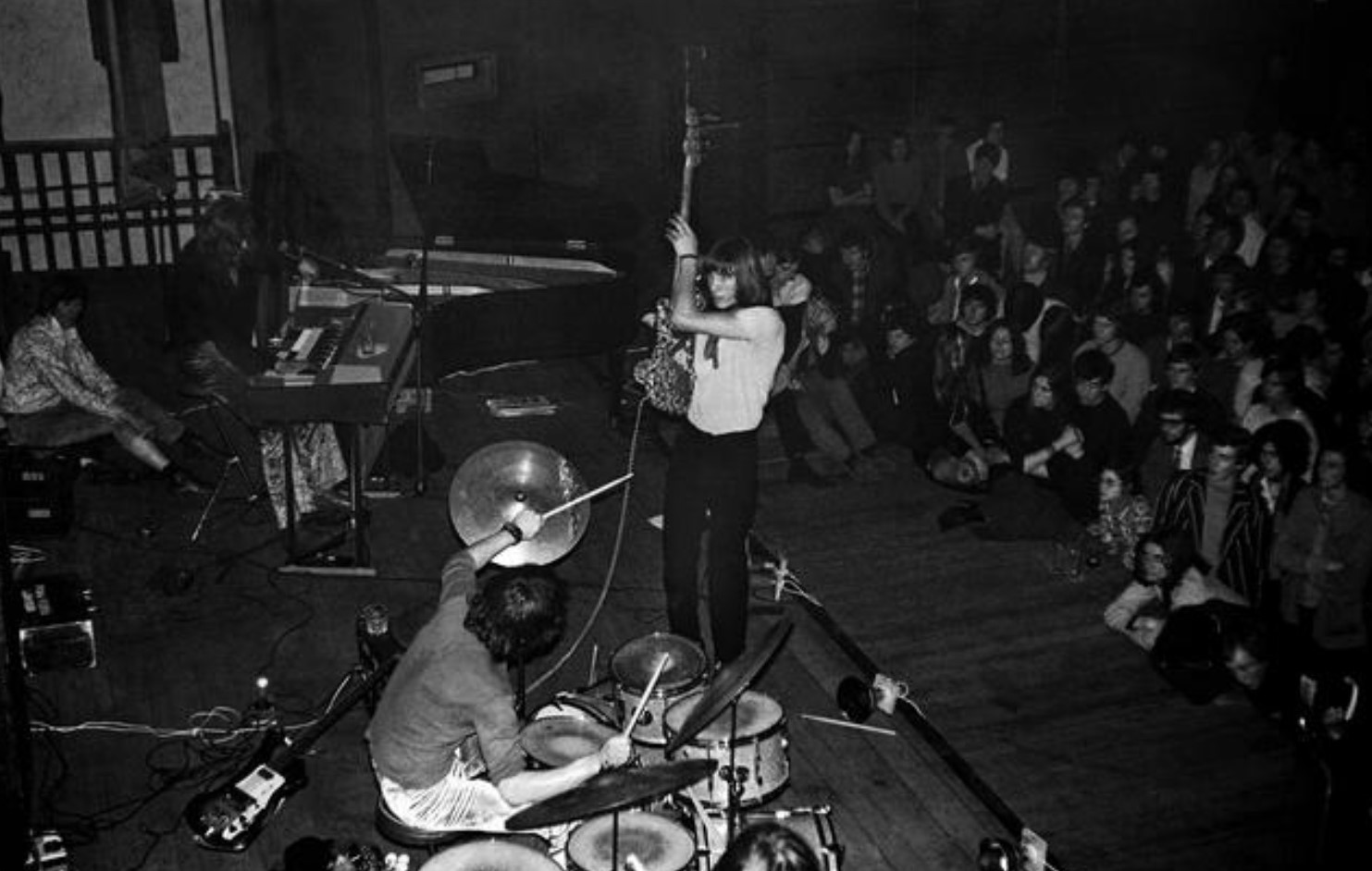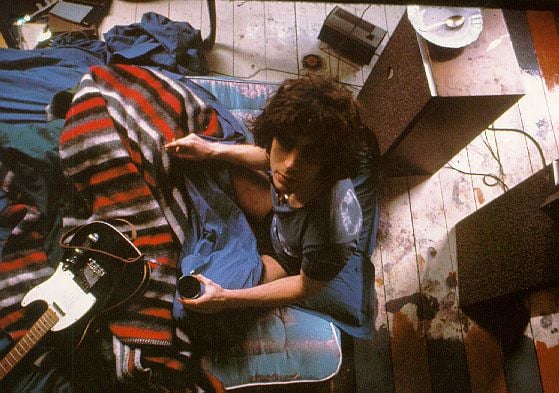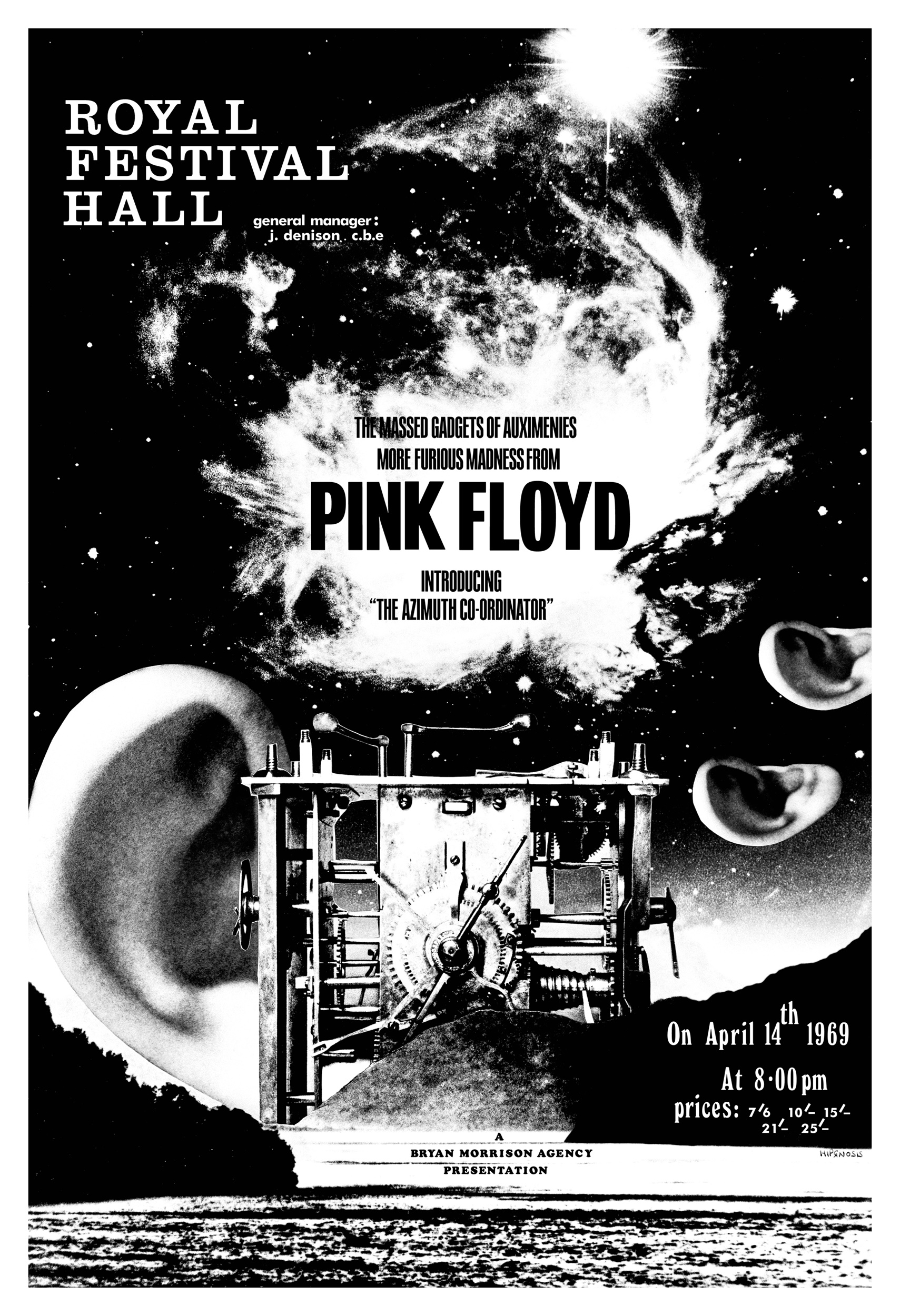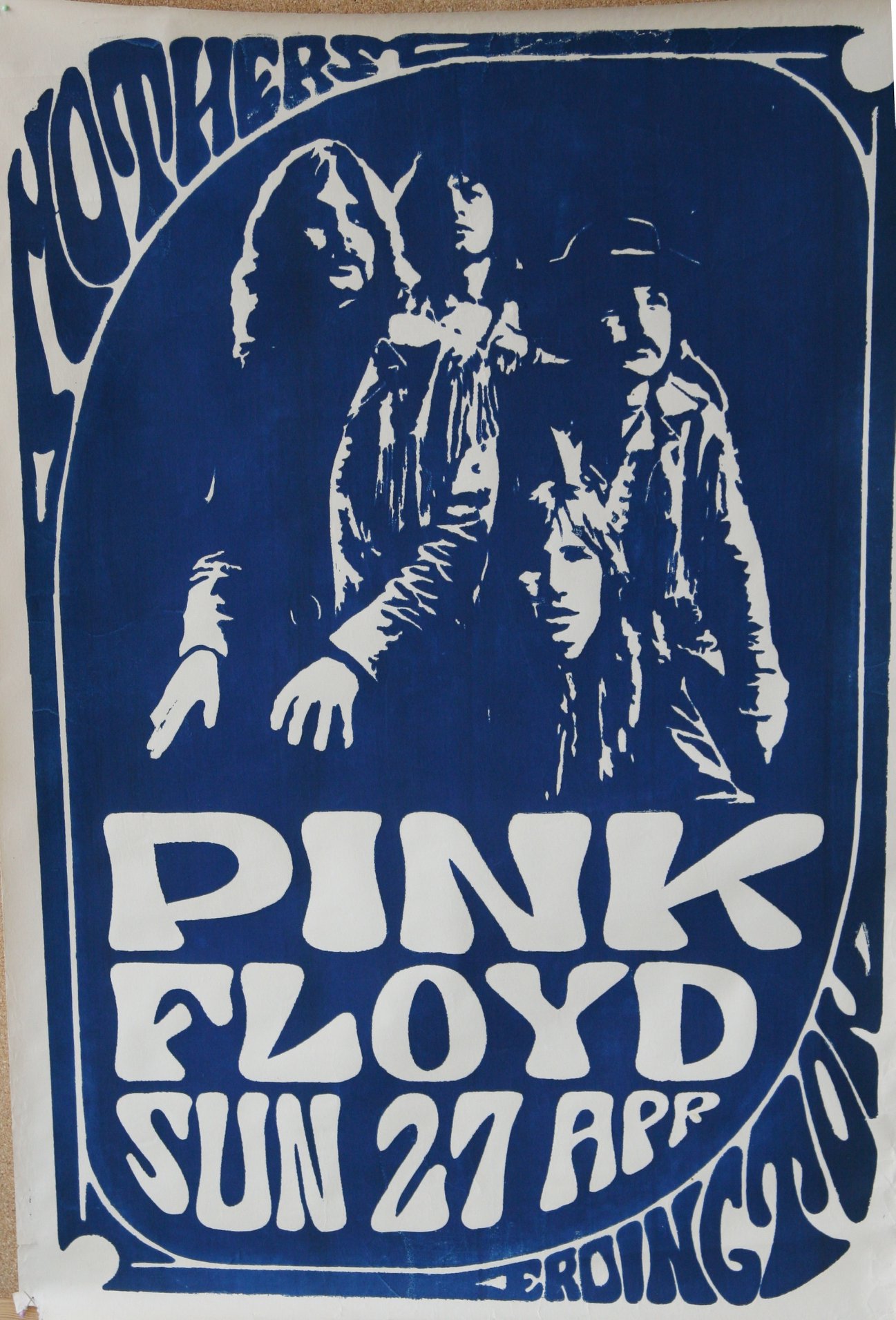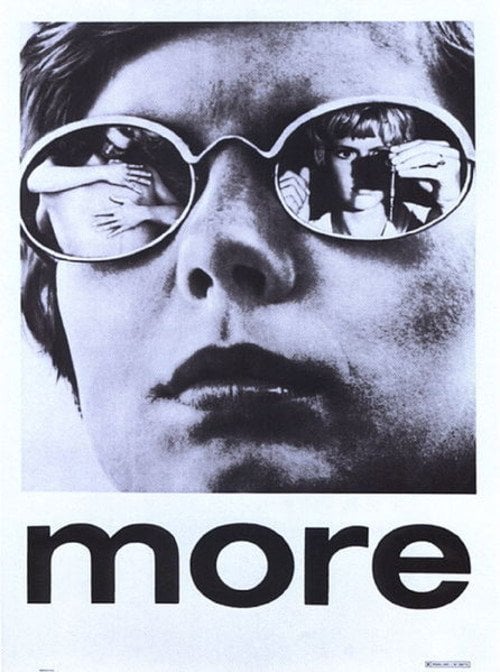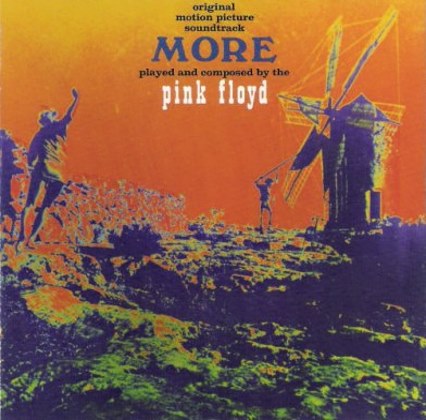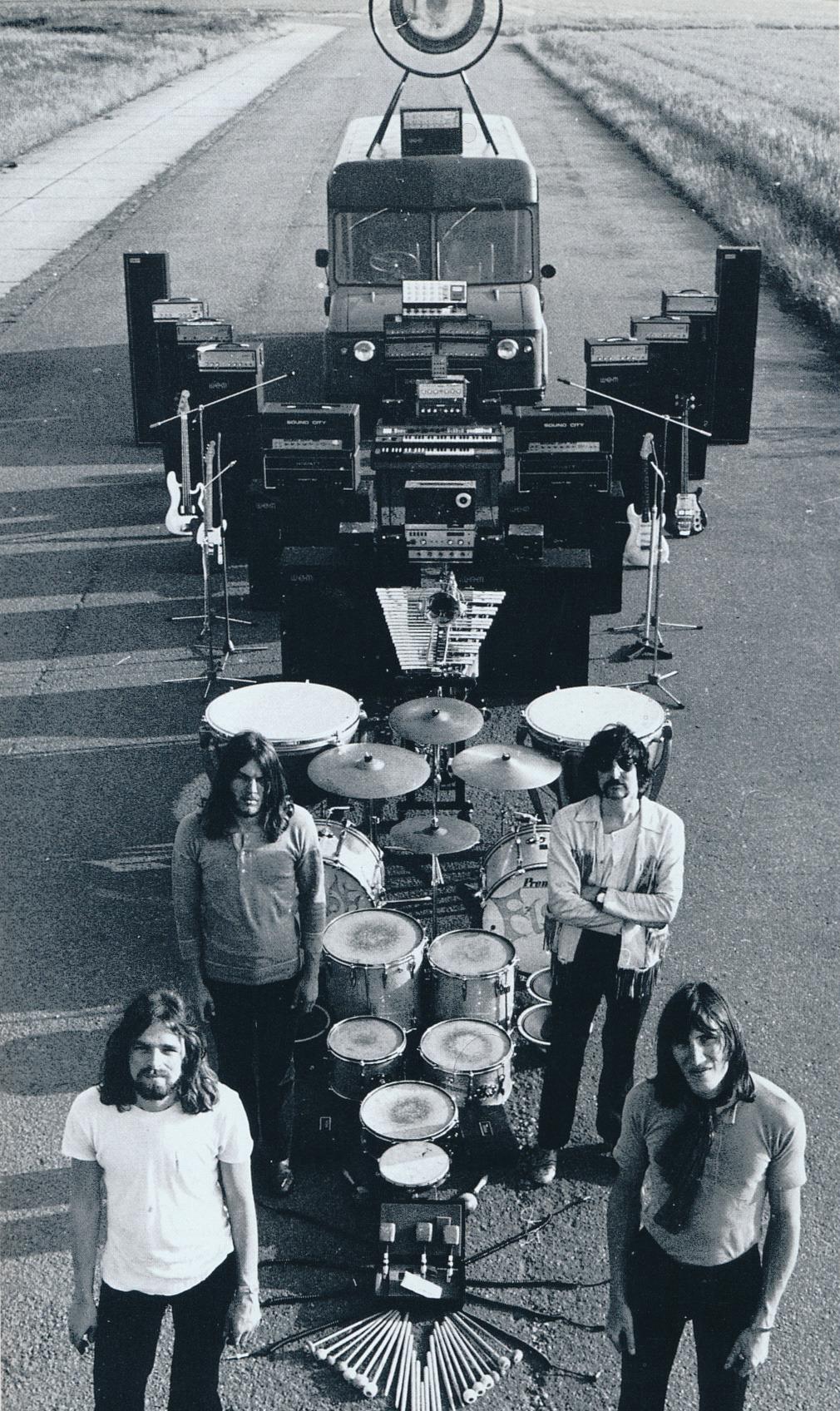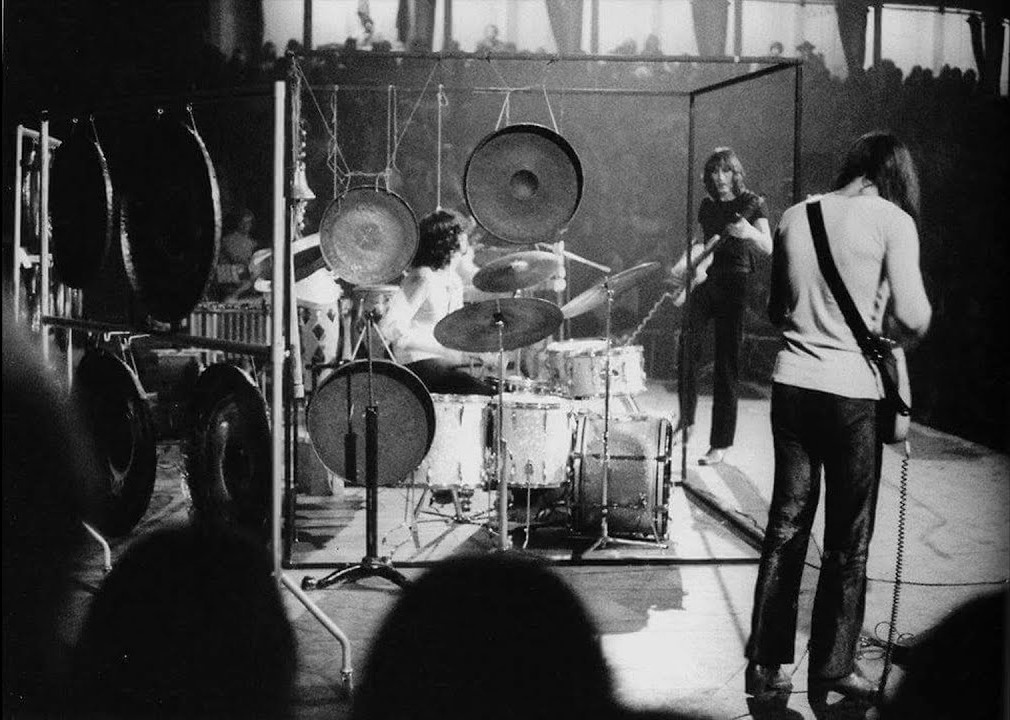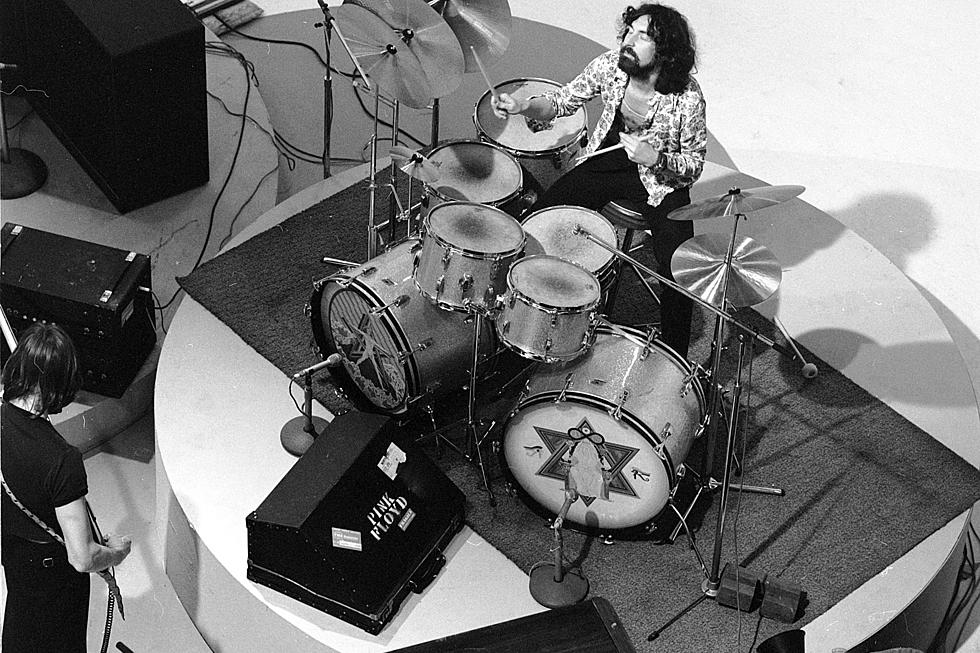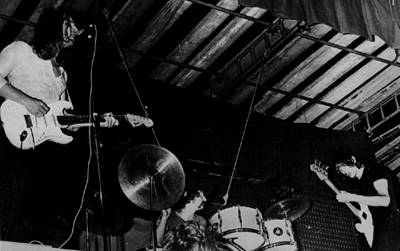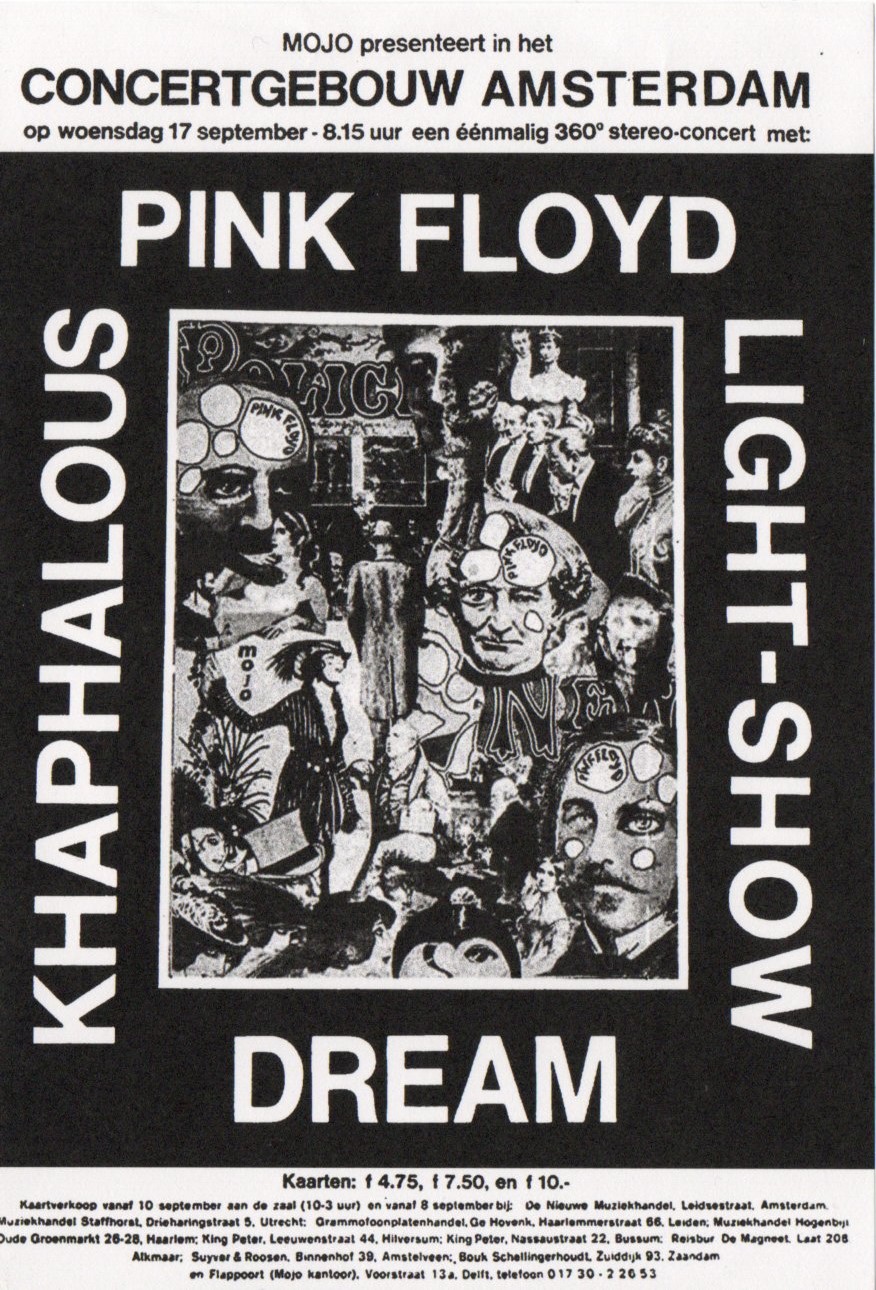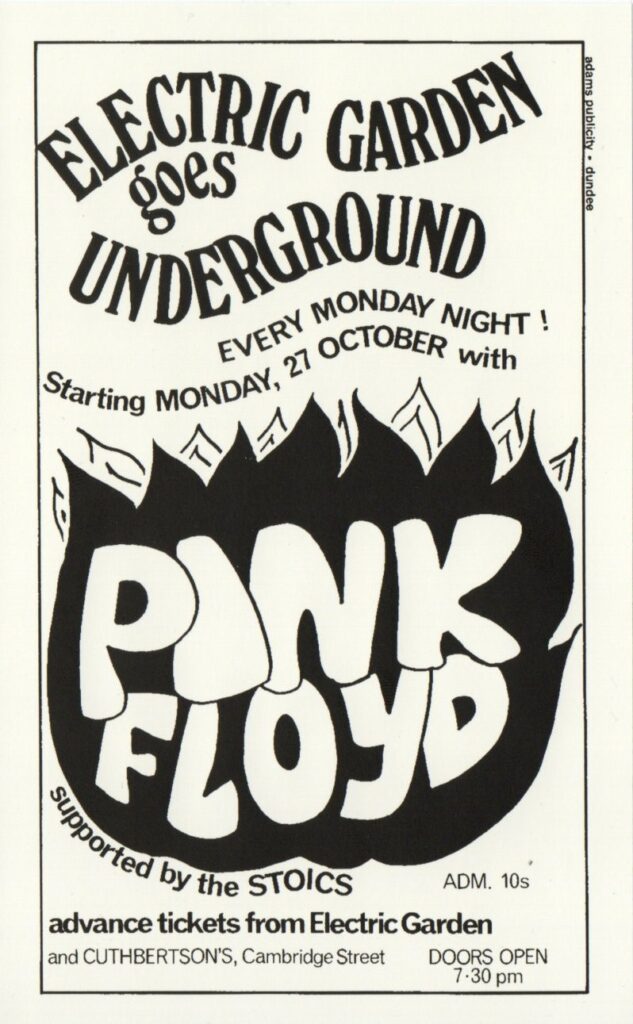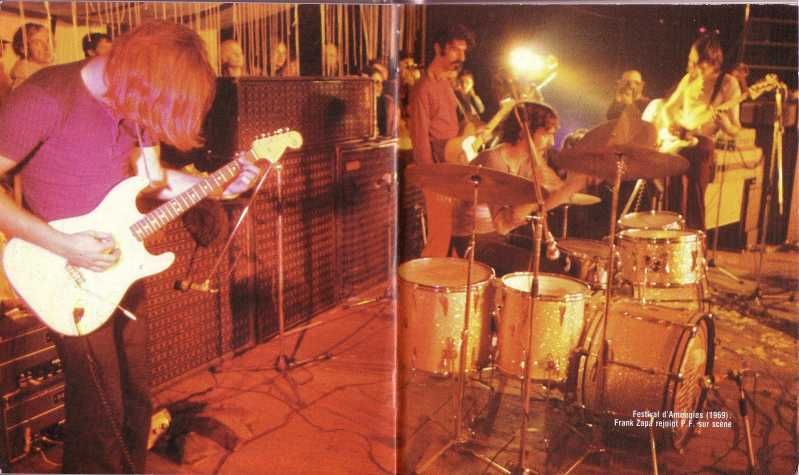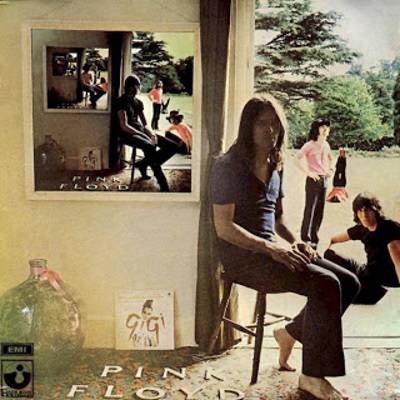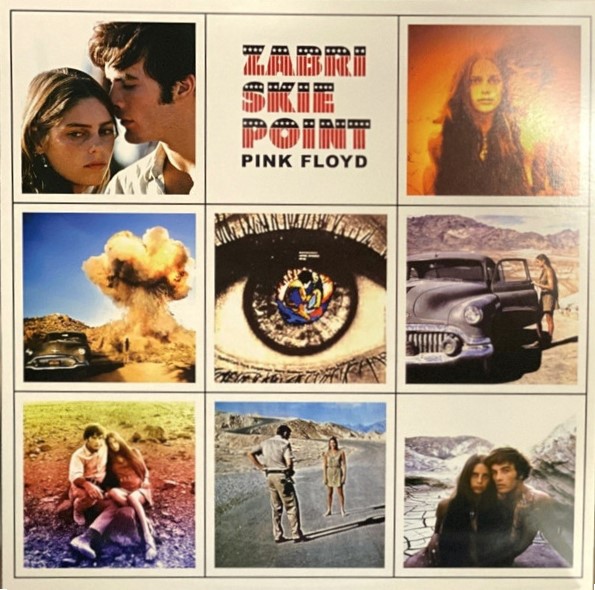Home / Pink Floyd Timeline / Pink Floyd History 1969
The previous chapter in Pink Floyd’s history timeline took us from the departure of Syd Barrett to David Gilmour getting settled into the band. There was the 1968 World Tour, the release of the first single with David Gilmour on, the release of The Committee and Saucerful of Secrets band. Lots of concerts sometimes more than one per day. A busy time indeed.
Pink Floyd Timeline : 1969
The year 1969 was a significant period of growth and experimentation for Pink Floyd, setting the stage for their later iconic works. Here’s a detailed look at their activities and achievements in 1969:
Early 1969: Finding a New Direction
- Post-Barrett Era: Continuing from the departure of Syd Barrett in 1968, Pink Floyd was finding its footing with the new lineup: Roger Waters, Richard Wright, Nick Mason, and David Gilmour.
- Musical Evolution: The band’s music began to shift from psychedelic rock to more experimental and progressive rock.
Studio Work and Album Releases
- ‘More’ Soundtrack: In July, Pink Floyd released the soundtrack for the film ‘More’. This album marked their first full project without Barrett and showcased a mix of acoustic folk and hard rock.
- ‘Ummagumma’: Released in November 1969, ‘Ummagumma’ was a double album featuring live recordings and experimental solo pieces by each band member. It highlighted the band’s exploratory approach to music.
Live Performances and Tours
- Live Shows: Pink Floyd continued to tour extensively, performing in Europe and the United States. Their live shows were gaining notoriety for their innovative use of visual effects and lengthy improvisations.
- The Man and The Journey Tour: This was a concept tour featuring two suites of music, ‘The Man’ and ‘The Journey’, which included early versions of what would later become parts of ‘Meddle’ and ‘The Dark Side of the Moon’.
Experimentation and Innovation
- Expanding Musical Horizons: The band continued to experiment with new sounds and recording techniques. This period was marked by a willingness to push boundaries and explore different musical landscapes.
- Collaborations and Projects: Pink Floyd also engaged in various side projects and collaborations, contributing to the avant-garde and progressive rock scenes.
Internal Dynamics
- Creative Leadership: Waters and Gilmour began to emerge as the principal contributors to the band’s music and lyrics, shaping the direction of future albums.
- Richard Wright’s Influence: Wright’s keyboard work became a defining element of the band’s sound, particularly on their studio recordings.
Cultural Impact
- Growing Fanbase: Pink Floyd’s unique style and live performances continued to attract a growing fanbase, setting the stage for their later worldwide success.
- Influence on Progressive Rock: The band’s work in 1969 played a crucial role in the development of the progressive rock genre.
End of 1969: Setting the Stage for the 70s
- Consolidating Their Sound: By the end of 1969, Pink Floyd had firmly established its new identity post-Barrett and was on the cusp of entering its most celebrated era.
- Foundations for Future Albums: The experimental work and concepts developed during this year would heavily influence their subsequent albums in the 1970s.
1969 was a transformative year for Pink Floyd, marked by creative exploration and a shift towards the progressive rock sound that would define their most successful works.
Continue to Pink Floyd History 1970

